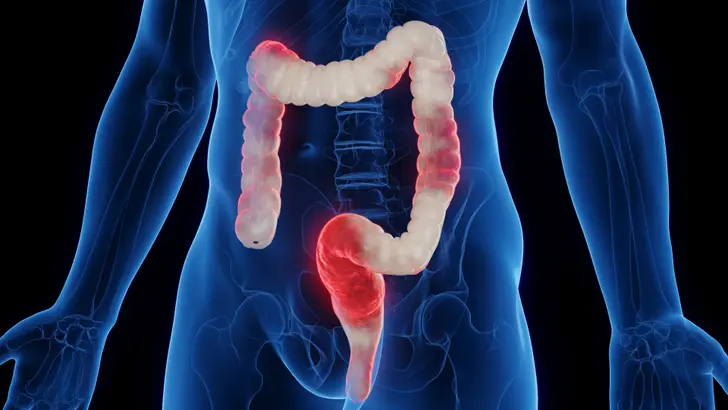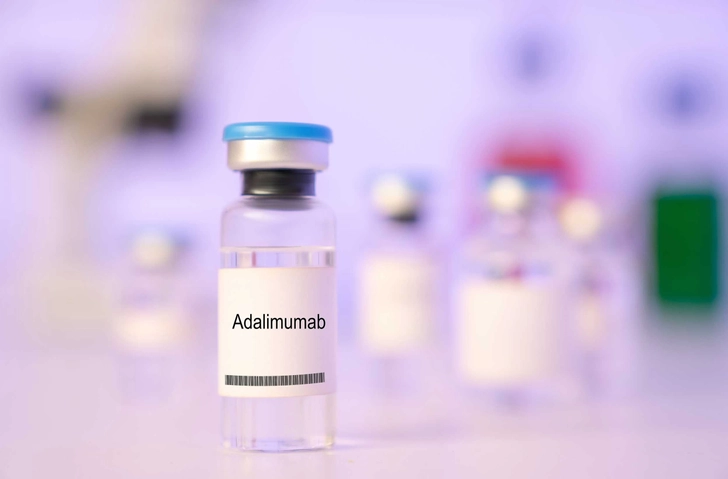How Is Ulcerative Colitis Treated?


How Is Ulcerative Colitis Treated?
There is no cure for ulcerative colitis, but you can ease your symptoms with certain treatments. These include medications, changes to your diet, or in extreme cases, surgery.

Medications
Medications are often the first step in treating ulcerative colitis. Drugs such as mesalamine or olsalazine can help lower inflammation. If these aren't effective, corticosteroids or immunosuppressants might be used to control your symptoms.

Biologics and New Treatments
For more severe cases, biologics such as adalimumab and infliximab may help lower your inflammation. You can also try JAK inhibitors or S1P receptor modulators to reach remission faster. But these come with some risks, so it's important to talk to your doctor first.

What Should You Eat?

When Is Surgery Necessary?
If your ulcerative colitis is severe enough, you may need surgery. This could include a colectomy (removal of your colon) and creating an ileal pouch to connect to your anus. When other treatments don't work, this can help you find relief.
PHOTO CREDITS:
Slide 1 - 3dMediSphere/Shutterstock
Slide 2 - Josep Suria/Shutterstock
Slide 3 - luchschenF/Shutterstock
Slide 4 - Dejan Dundjerski/Shutterstock
Slide 5 - Motortion Films/Shutterstock
SOURCES:
National Digestive Diseases Information Clearinghouse.
Crohn's & Colitis Foundation: "Complementary Therapies," "What is Complementary Medicine?" "What are Crohn's & Colitis?" "Surgery for Crohn's Disease & Ulcerative Colitis," "Vitamin and Mineral Supplementation."
FDA: "FDA approves Inflectra, a biosimilar to Remicade," "FDA approves Amjevita, a biosimilar to Humira," "FDA requires warnings about increased risk of serious heart-related events, cancer, blood clots, and death for JAK inhibitors that treat certain chronic inflammatory conditions."
Gastroenterology and Hepatology: "The Use of Complementary and Alternative Medicine in Patients With Inflammatory Bowel Disease."
NIH Office of Dietary Supplements: "Omega-3 Fatty Acids."
Journal of Crohn's and Colitis: "Targeting S1P in Inflammatory Bowel Disease: New Avenues for Modulating Intestinal Leukocyte Migration."
National Genome Research Institute: "Antibody."
Cleveland Clinic: "Kock Pouch," "Ileal Pouches," "Colectomy (Bowel Resection Surgery)," "Colectomy (Bowel Resection Surgery)."
Mayo Clinic: "Ulcerative colitis flare-ups: 5 tips to manage them."
UCLA Health: "Side effects of colectomy call for a multipronged response."